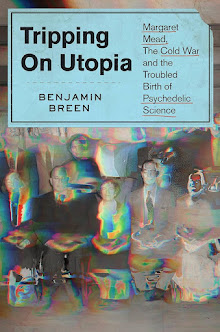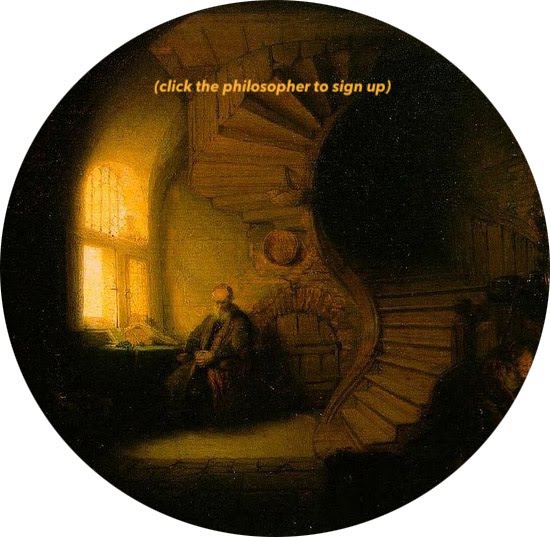A manuscript page from the archives of the Royal Society.
I have no coherent post to make today, but I wanted to share some of the miscellaneous things I've found so far in my research -- the sort of stuff that would never make it into a finished paper, but which you still bother to write down because its funny or interesting or both. The early archives of the Royal Society, especially the stretch between 1660 and around 1740 when that august institution was headed by the likes of Isaac Newton and Hans Sloane, are a real gold mine for this sort of thing.
Near the end of Volume 5 of a series entitled "Royal Society Domestic Mss," for instance, can be found a fascinating collection of paper scraps that are apparently memoranda from members of the Royal Society proposing that their colleagues conduct various experiments. Many of the proposals were sensible sounding ideas having to do with the measurement of the weight of air or the refraction of light, the observation of little known species, etc. But others strike the modern eye as positively bizarre. Some samples:
I have no coherent post to make today, but I wanted to share some of the miscellaneous things I've found so far in my research -- the sort of stuff that would never make it into a finished paper, but which you still bother to write down because its funny or interesting or both. The early archives of the Royal Society, especially the stretch between 1660 and around 1740 when that august institution was headed by the likes of Isaac Newton and Hans Sloane, are a real gold mine for this sort of thing.
Near the end of Volume 5 of a series entitled "Royal Society Domestic Mss," for instance, can be found a fascinating collection of paper scraps that are apparently memoranda from members of the Royal Society proposing that their colleagues conduct various experiments. Many of the proposals were sensible sounding ideas having to do with the measurement of the weight of air or the refraction of light, the observation of little known species, etc. But others strike the modern eye as positively bizarre. Some samples:
Desiderata recommended to the Earle of Argile.
To make inquiry after the Gyant child in
Scotland : whether it be yet alive, and if so,
How it thriveth? Apr. 27 1664
Recommended to Dr. Croon
1. The history of Hatmaking
...
6. To send Water into the East-indies, to see whether at the returne it will yield an inflamable spirit.
7. to procure… an embalmed body of one of the Guancos of the Canary Islands.
…
10. To try a way of softening stool, and hardening it again, to give an account of it to the Society.
…
13. To stain Linnen with several sorts of staining fruit, to see whether the stans do wash out the next year, at the time of the blossoming of such fruit…
Experiments recommended to Sir George Ent.[?]This last request "to torment one with Sympathy powder" seems to me like a joke at the expense of Sir George, but one can never really tell -- so many things are lost in translation when we try to understand the past.
1. to torment one with Sympathy powder.
2. To dissect an Oyster.






No comments:
Post a Comment